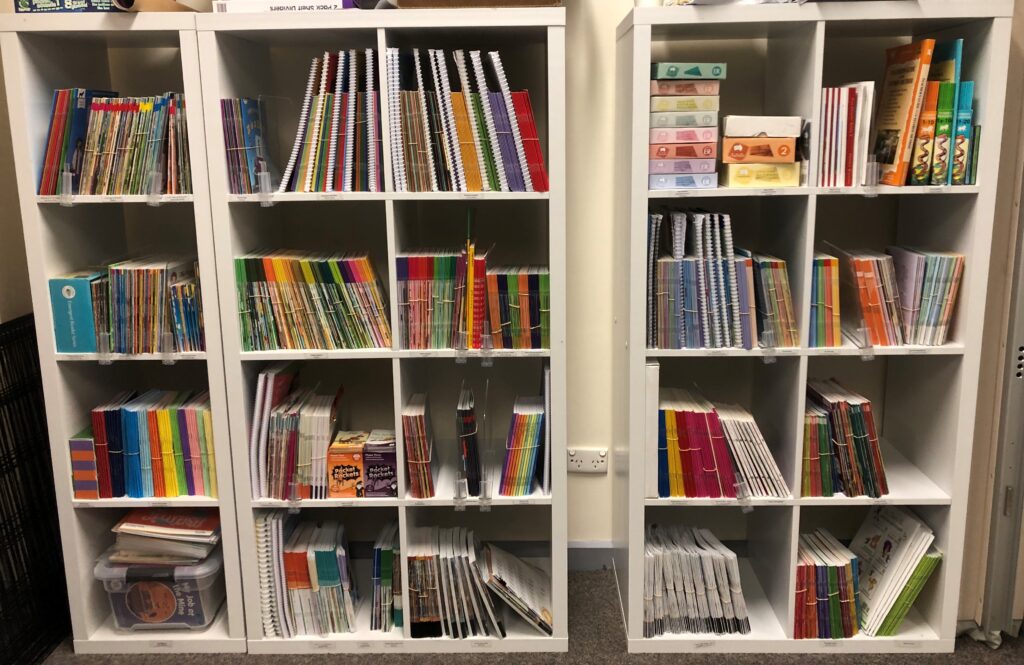Overhaul of Initial Teacher Education
0 RepliesI’ve been doing little happy dances about the announcement in the video below, and am celebrating with a two-week 20%-off-everything sale in the Spelfabet shop (use the coupon code HappyDance at the checkout):
An expert panel review has found that Australia’s universities aren’t preparing teachers to teach reading and writing well. Our Education Ministers say they must do better at this, and other areas like maths and classroom management, without delay. Teacher knowledge is the key to student success.
A lot of good work from many good people has achieved this, but there’s nothing so inspiring or persuasive as a good example. Schools in the Canberra-Goulburn diocese have retrained their teachers in the science of learning, and reduced NAPLAN reading underperformance from 42% to just 4%, with similar gains in writing and spelling. Read more about this here, and make sure your school leadership knows about their Catalyst program.
Researchers have known for a long time that this kind of success is possible, but it’s less well understood in schools and the wider community, and there are still barriers to its achievement needing dismantling. Education academics and others have already pushed back on the conclusions of the teacher education review, arguing that things like inequitable school funding and teacher workloads, wages, and status are the real problem.
I think it’s shocking that most government schools (which educate the most needy students) get less funding than they’re entitled to under the School Resource Standard, while private schools get more. This should be corrected, pronto, but it’s not an argument against improving teacher preparation. We need both funding fairness and excellent teacher preparation.
Teachers have to work harder when their classes include many kids who can’t read or write very well. Work must be differentiated. Too many kids who understandably hide their learning difficulties behind challenging behaviour must be prevented from distracting the whole class, and supervised in detention. This is not fair to either kids or teachers. It’s preventable.
Giving graduate teachers the skills to get most kids reading and writing well enough to participate and succeed in class should reduce teacher workloads. Success at important work tends to lead to job satisfaction, respect from others, and a sound argument for higher wages. None of the arguments I’ve heard against the ITE overhaul so far stack up.
I’m excited and happy-dancing for two other reasons:
Society for the Scientific Study of Reading conference
The international Society for the Scientific Study of Reading conference will be held in Australia (Port Douglas, ehem) later this month, and I’m going. Stay tuned for a blog post or three about it.
So many amazing people will contribute to the 22-page program, it’s hard to know which sessions to attend, or who to ask for a selfie, or what to focus on for the blog. If you’re coming too, please can we share notes?
Display of decodable books
After collecting decodable books and setting up ad hoc displays for years, we’ve finally set up a Proper Display of a range of decodables in our North Fitzroy office. Looking at things to buy online is just not the same as being able to pick them up and handle them yourself. We’re hoping our display will help local early years teachers successfully make the case, and obtain the funds, to replace their classroom’s predictable/repetitive texts with high-quality decodables.
My colleagues Elle Holloway and Georgina Ryan have been examining the books in detail, and writing summaries to help teachers evaluate the different options. Stay tuned for a blog post about how to book an appointment to browse the display, which currently looks like this:




Leave a Reply